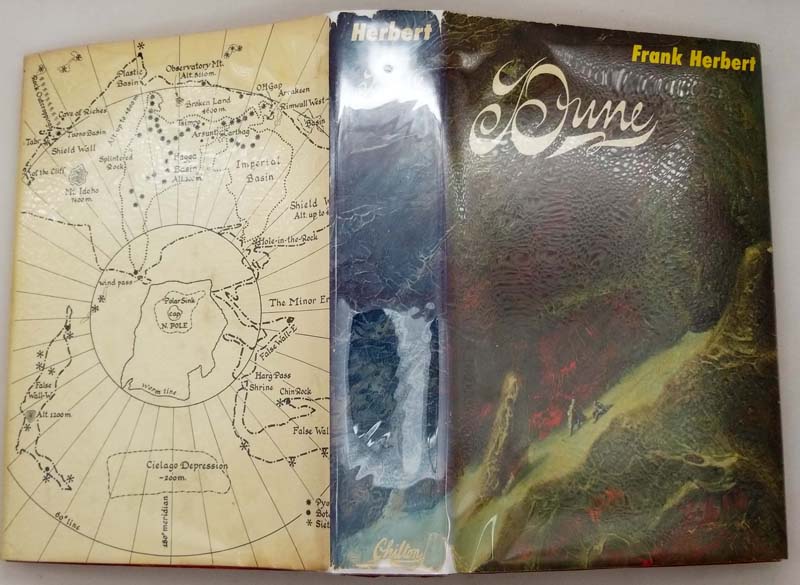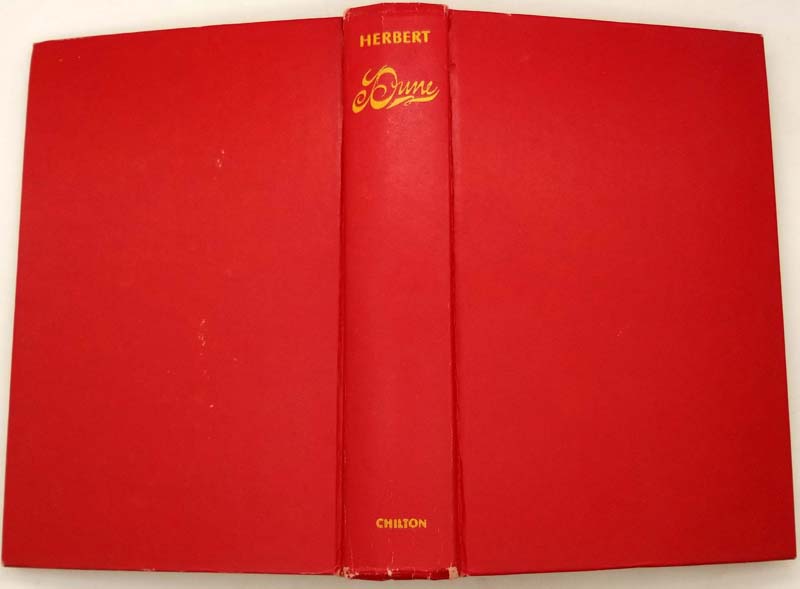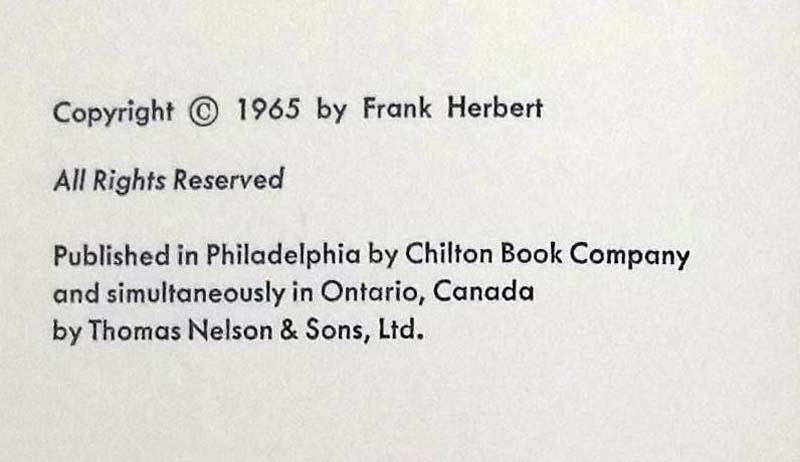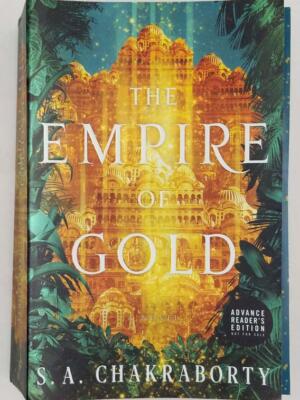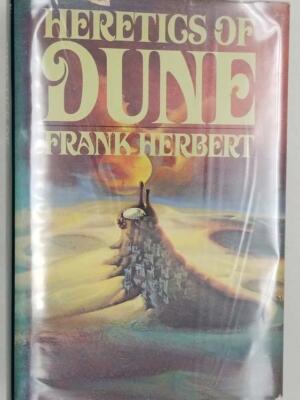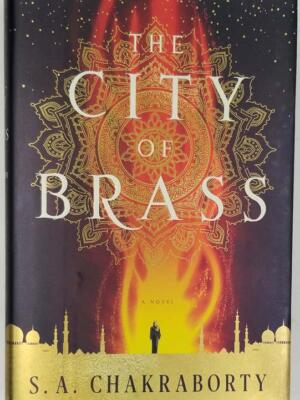Dune (1965) by Frank Herbert is a monumental science fiction epic that transcends genre, weaving politics, religion, ecology, and human evolution into a saga of mythic grandeur. Set in the distant future amidst a feudal interstellar empire, the story follows Paul Atreides, the young heir of House Atreides, as his family is betrayed and forced into exile on the desert planet Arrakis—the only source of the universe’s most valuable substance, spice melange.
Spice grants longevity, prescience, and interstellar travel, but its harvest is perilous, controlled by giant sandworms and coveted by rival factions, including the brutal Harkonnens and the secretive Bene Gesserit sisterhood. As Paul navigates survival among the planet’s fierce Fremen tribes, he grapples with his prophesied destiny as the Kwisatz Haderach, a messiah figure whose emergence could reshape the cosmos.
Herbert’s worldbuilding is unrivaled, immersing readers in the intricate cultures of Arrakis—from stillsuit-clad desert survival to the Zensunni mysticism of the Fremen. Themes of colonialism, environmental scarcity, and the dangers of charismatic leadership resonate with chilling prescience. The novel’s layered intrigue, philosophical depth, and iconic characters (like the enigmatic Lady Jessica and villainous Baron Harkonnen) have cemented Dune as a cornerstone of sci-fi literature.
A Pulitzer Prize-winning masterpiece, Dune inspired a film (1984), a miniseries (2000), and Denis Villeneuve’s acclaimed 2021 adaptation. Its legacy endures as a prophetic vision of power, survival, and the human condition.

